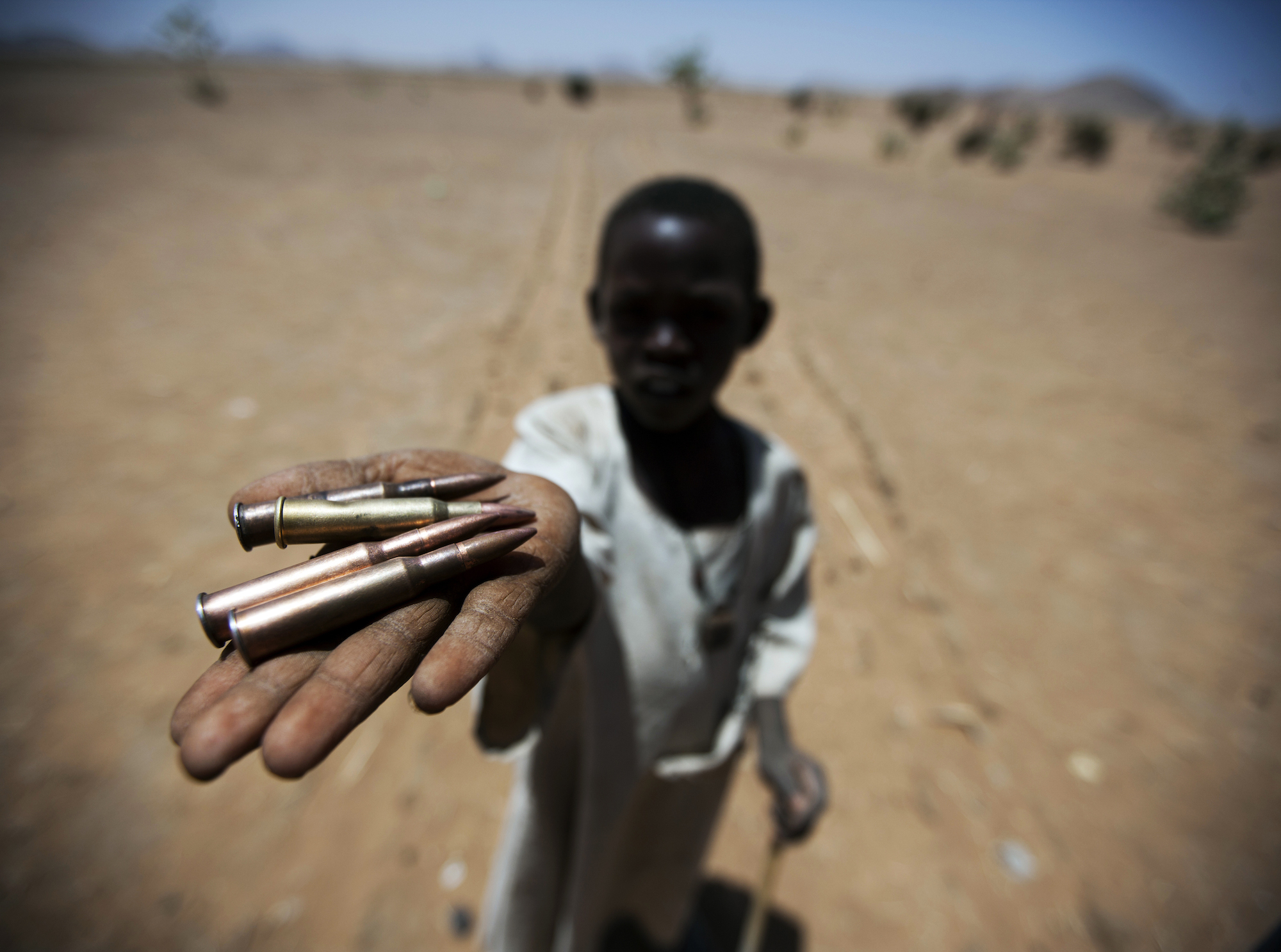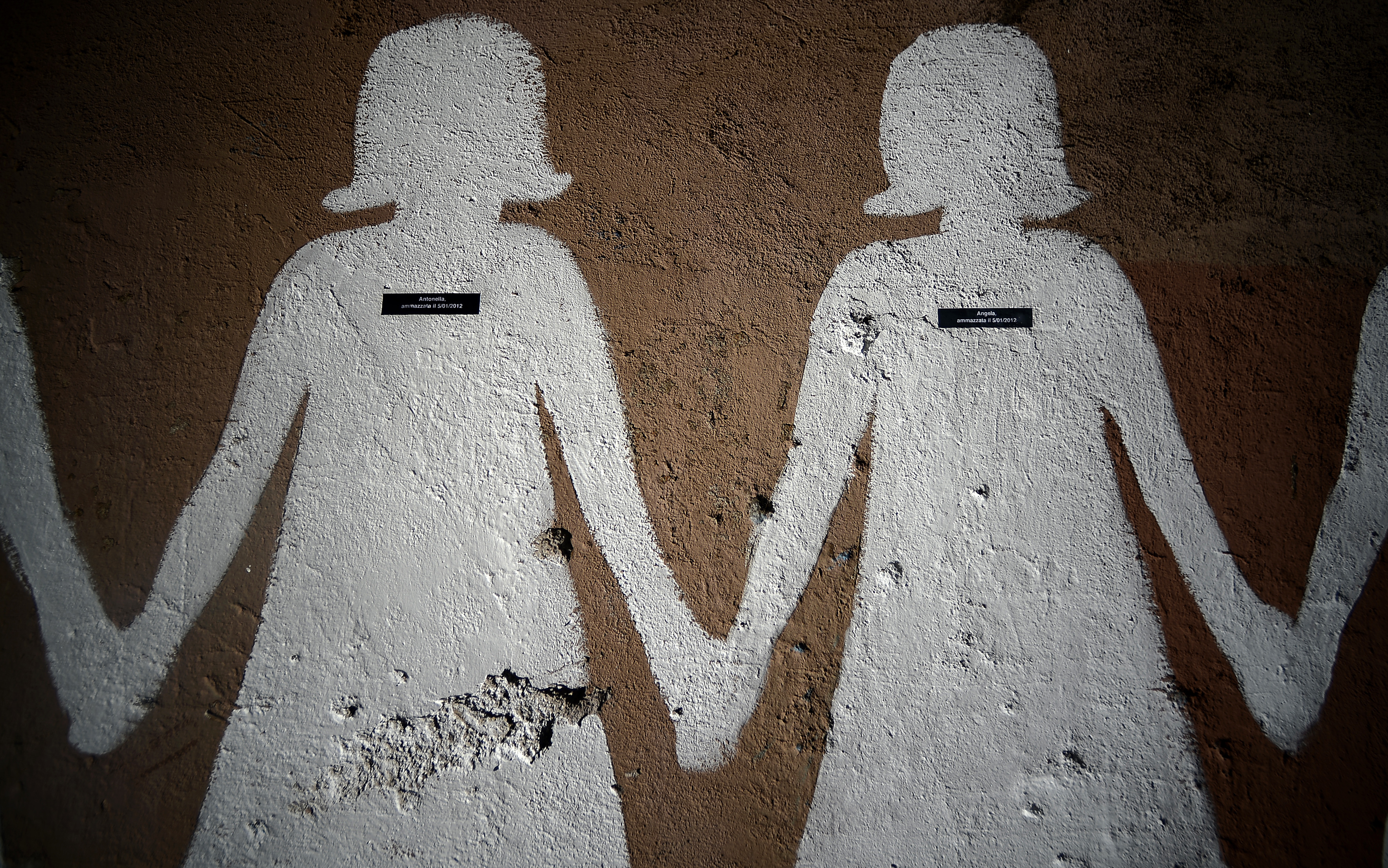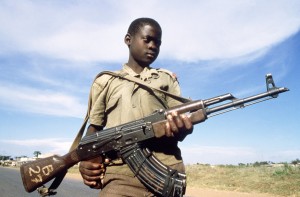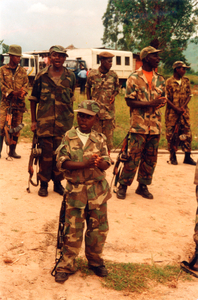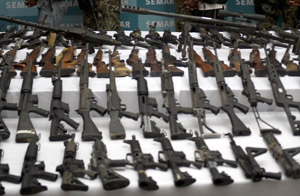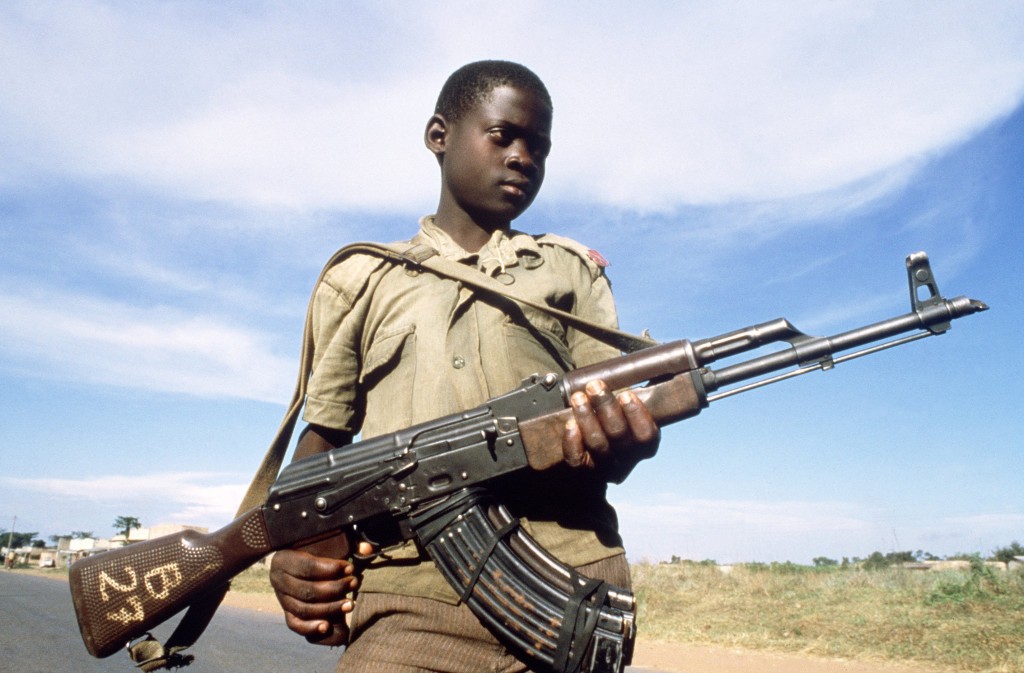The following post is by Alice Dahle, a member of Amnesty International USA’s Women’s Human Rights Co-group.
In an interview with an Amnesty International researcher last year, a female survivor of armed violence in the Cote d’Ivoire told her story.
“On Saturday [18 December 2010] they took me and five other women into a room. It was in the morning. There were three of them. They told us to undress. I refused. One of them hit me with his knife. I told him it was not human. He said: ‘We will see about that’. He took his gun out and I was obliged to yield.”
The threat from a knife might have been challenged, but the use of a firearm made the situation non-negotiable and prevented five women from protecting themselves.
Tragically, this is not an isolated case. It could also be taking place in Syria or the Democratic Republic of the Congo. While the great majority of gun owners around the world are men, women and girls are disproportionately affected by gun violence. All too often, having a gun empowers and emboldens the individual holding the weapon to take advantage of those perceived as easy targets. Discrimination against women and girls, and their unequal status and power in many societies, make them more vulnerable and easy targets for an armed aggressor. Even when armed conflict is officially over, the culture of violence and the presence of surplus guns result in continued gender-based violence in homes and communities.
SEE THE REST OF THIS POST
